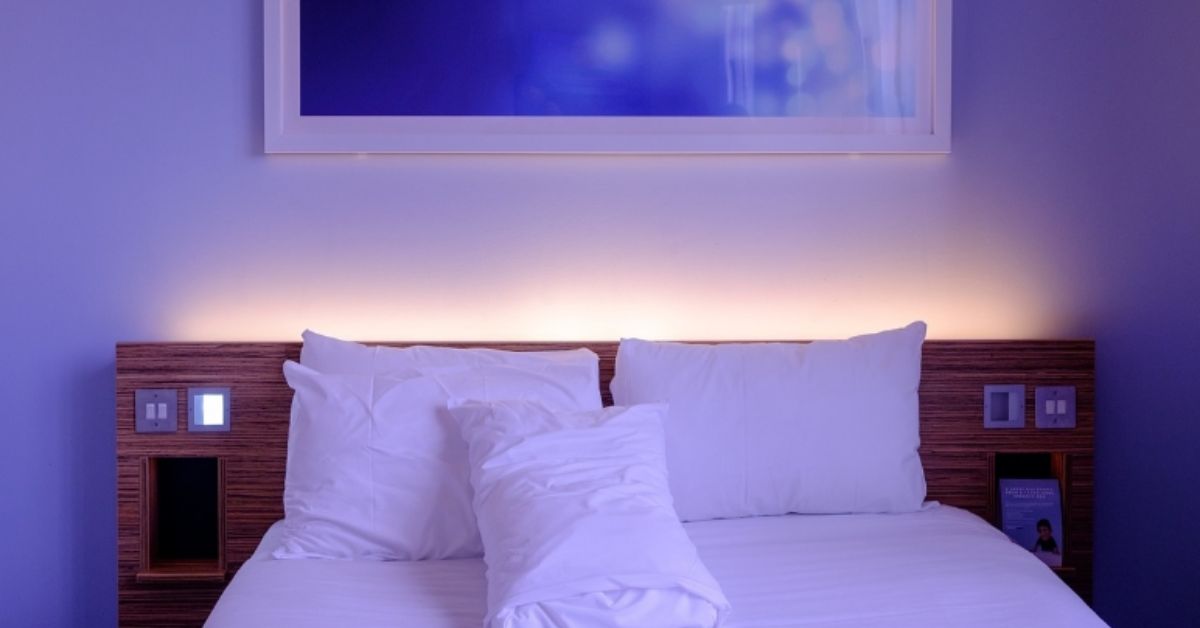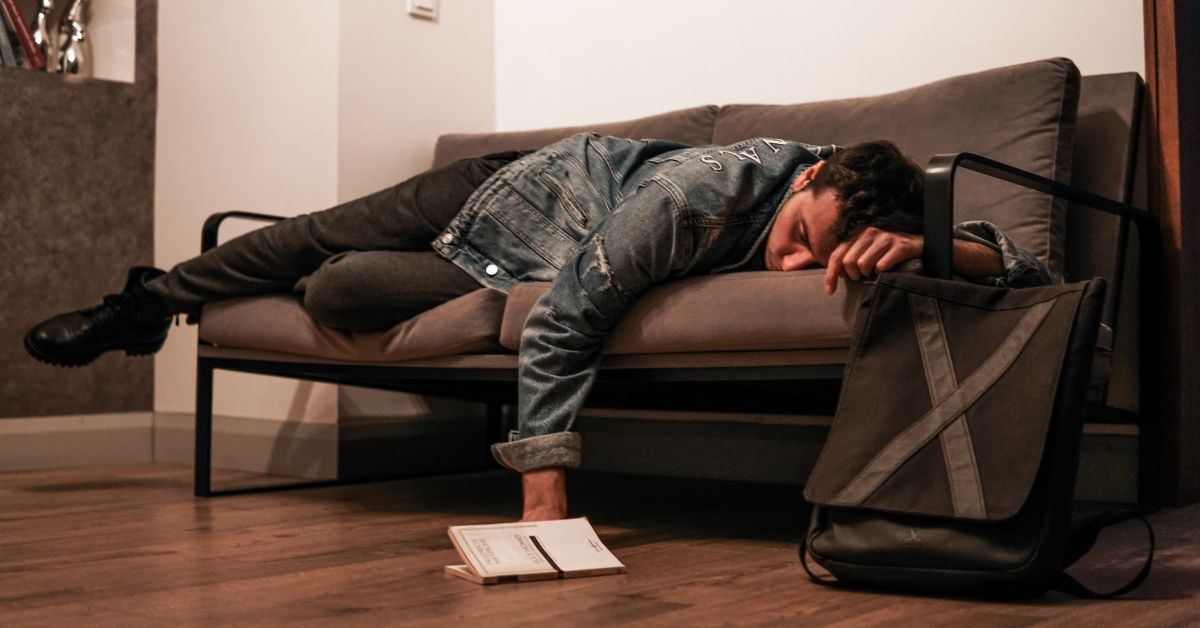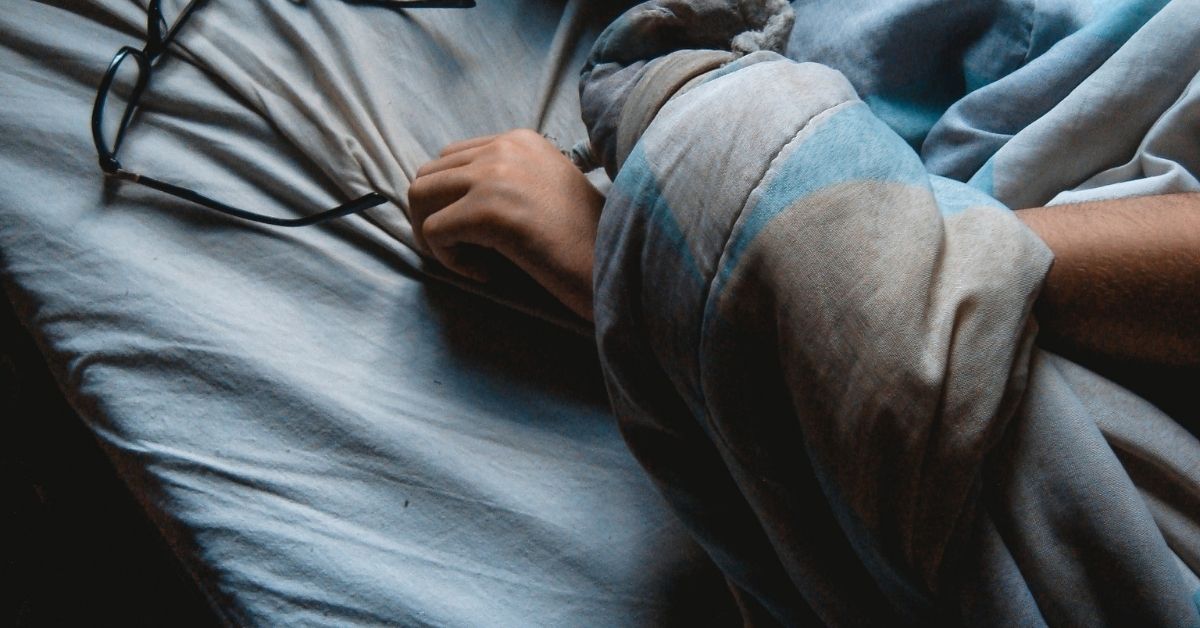One drawback of staying indoors due to quarantine restrictions is irregular sleep cycles. Since there’s less separation for your work-life balance, some people can feel more fatigued even though they’re not physically traveling from one place to another. This can lead to several different side-effects, such as irritability and difficulty concentrating. Although these symptoms can seem like temporary and straightforward conditions, they can hide more severe issues.
How to Distinguish Sleep Disorders from Fatigue
It’s not uncommon for people to misdiagnose signs of a sleep disorder as just fatigue. Unfortunately, this means that some people aren’t getting the treatment that they need. Symptoms that last more than 48 hours might indicate that you need immediate consultation with a professional at a sleep study center in Jacksonville, FL.
In this article, we’ll share five signs that you’re dealing with a bigger issue than simply being more tired than usual.
1. Feeling Like You Have to Take Afternoon Naps
Some people enjoy having afternoon naps more than others. It’s an excellent way to energize your body for a long night ahead, especially for people who work night shifts. Although there’s no harm in occasionally sleeping some in the afternoon, feeling like you have to take a nap every day might be a sign that your body isn’t getting enough sleep at night. It’s a symptom that your current sleep cycles aren’t enough to regenerate your cells.
2. Snoring
A symptom of Obstructive Sleep Apnea (OSA), which is one of the most common sleep disorders, is frequent snoring. This occurs when the person’s throat muscles relax and lead to a partially blocked airway. It may be difficult to identify if you’re a snorer if you don’t sleep beside another person. However, you may notice some signs of snoring if gasping episodes wake you or if you have a sore throat after waking up.
3. Difficulty Falling and Staying Asleep
Insomnia can happen sporadically to people, depending on their physical and mental state. Sometimes, it can be the result of anticipation for a troublesome work week. However, it’s vital to differentiate if your stress is causing your insomnia or if insomnia is causing your stress. If your sleep cycles don’t improve, even if you’re not dealing with stressful situations, you may need to do more than adjust your sleeping times.
4. Depression
Physical fatigue can make you feel unmotivated and unwilling to engage socially with others. This form of isolation can take a toll on your mental health and cause physical pain from mental illness. Similar to insomnia, depression can cause sleep disorders or vice-versa. This is why it’s necessary to consult with your physician to check whether or not your mental health is the root cause.
5. Difficulty Concentrating
An untreated sleep disorder is even more dangerous for people who tend to lead active lifestyles. When you don’t get enough sleep, your brain doesn’t get enough time to repair damaged cells, which leads to fatigue and lack of focus. For example, people suffering from a sleep disorder can be hazardous drivers since they are more likely to fall asleep behind the wheel.
Proper Diagnosis Leads to Accurate Sleep Disorder Treatments
Delaying treatment for a sleep disorder leads to physical damage and neurological stress that can severely affect you in the short or long term. That’s why it’s best to get a professional diagnosis so that you can evaluate your options for treatment and recovery.
Seek a Professional Diagnosis for Sleep Disorders
If you are looking for a sleep center in Jacksonville, FL, come to Jacksonville Sleep Center. We help patients overcome all different types of sleep disorders. Our trained physicians are experienced at treating various conditions, from frequent insomnia to narcolepsy. Get help for your sleep concerns—book your appointment with us today.






